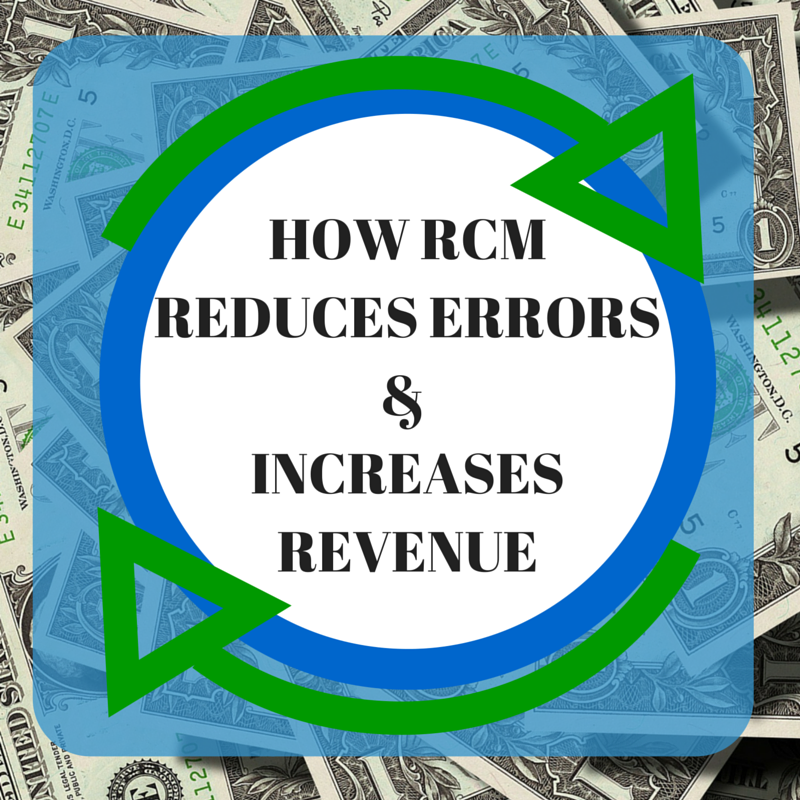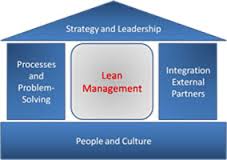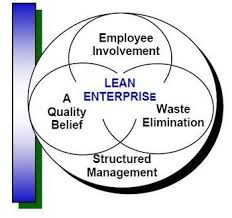Asthma Management Costs: $80 Billion Annually To Breathe Easier
Asthma costs the U.S. economy more than $80 billion annually in medical expenses, missed work and school days and deaths, according to new research published in the Annals of the American Thoracic Society. Healthcare leaders’ continuing efforts to alleviate the trending asthma management costs will have long-term benefits for patients and providers alike.











